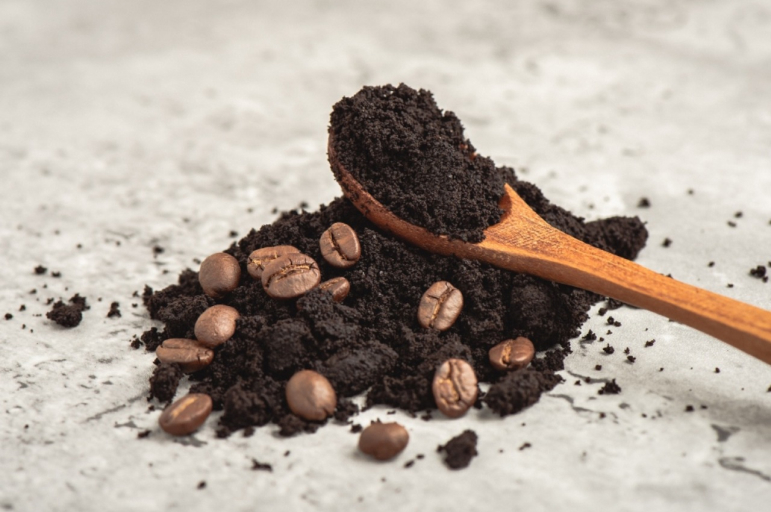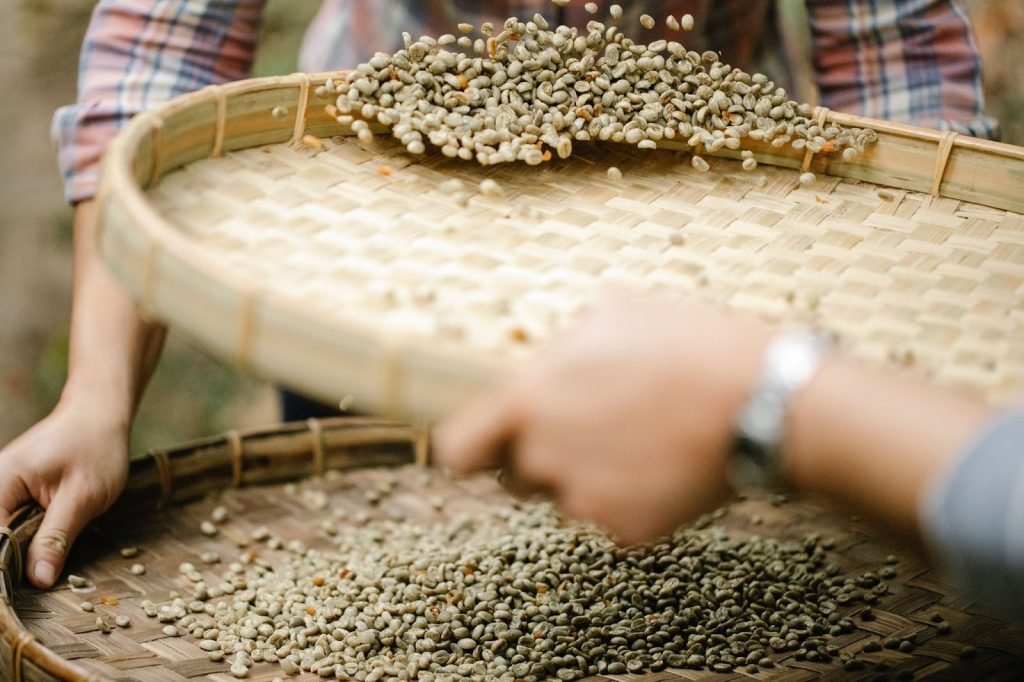According to data from the International Coffee Organization (ICO), Indonesia became the country with the fifth largest coffee consumption in the world in 2020-2021. This amounts to 300,000 tons.
Imagine how much waste coffee can produce, and the impact it can have on our environment and society. If not managed, it will certainly have an impact in the future.
Coffee waste is actually the remnants of the coffee production and consumption process. This waste is generated from various sources, such as untreated coffee beans, waste water from coffee processing, leftover coffee skin and fruit, coffee grounds, remnants from instant coffee making, garbage from coffee shops, and others.
In addition, coffee waste can be liquid or solid and contains organic and inorganic substances that can harm the environment if not managed properly, such as water, soil and air pollution.
For example, the caffeine content of coffee waste can inhibit the growth of aquatic organisms when discharged into waterways, causing damage to the ecosystem.
In addition, burning coffee waste can produce greenhouse gas emissions that can add to global warming. Burning such waste can also cause air pollution and health problems for people living nearby.
So, what are the benefits?
Therefore, coffee waste management and environmental conservation efforts are important issues that must be taken seriously by the coffee industry.
Turning it into organic fertilizer
Coffee waste that has been processed into fertilizer can be used to improve soil quality and crop productivity.
Organic fertilizer from coffee waste can be used as a good source of nutrients for plants such as vegetables and fruits.
How to make organic fertilizer from coffee waste is quite easy to do. Simply mix coffee waste with other organic materials such as soil, leaves, grass, or other plant debris.
Then, add organic solution (EM4) and place it in a closed container and leave it for 2 – 3 weeks. After the organic mixture has decomposed, the organic fertilizer is stored in a cool, dry place.
Can also be used as animal feed
This is in accordance with the implementation of a sustainable agricultural system, which utilizes the environment as an interactive zone of symbiotic mutualism.
Coffee washing residue water can be used to produce bioethanol by fermentation process.
The sugar contained in the waste is used by microorganisms such as Saccharomyces cerevisiae as food during the fermentation process.
This process will convert sugar into ethanol and CO2. However, keep in mind that before wastewater is used for fermentation, it must first be treated to remove unwanted substances such as caffeine and other organic matter that can inhibit the fermentation process.
Cover
The coffee industry can also implement environmentally friendly practices in the production process, such as reducing the use of pesticides and the use of inorganic fertilizers.
The coffee industry must also implement a sustainable management system and consider social and environmental aspects as part of their business strategy.
In addition, we as consumers also have an important role to play in environmental conservation efforts. By purchasing coffee produced from environmentally friendly farming practices, and supporting businesses that care for the environment.
Overall, coffee waste management and environmental conservation efforts are a shared responsibility between industry, government, and society.
With effective collaboration and strong commitment from all parties, we can work together to preserve the environment and support a healthy and sustainable coffee industry.
If you are a coffee producer from various regions, do not hesitate to open a shop on the KopiKita platform, so that coffee lovers from all over Indonesia can taste your coffee production. Apply for a business on the KopiKita platformnow by filling out the the following form .
Are you a coffee lover? It’s time to visit the KopiKita platform to find coffee from various regions in Indonesia at the best price.k.









